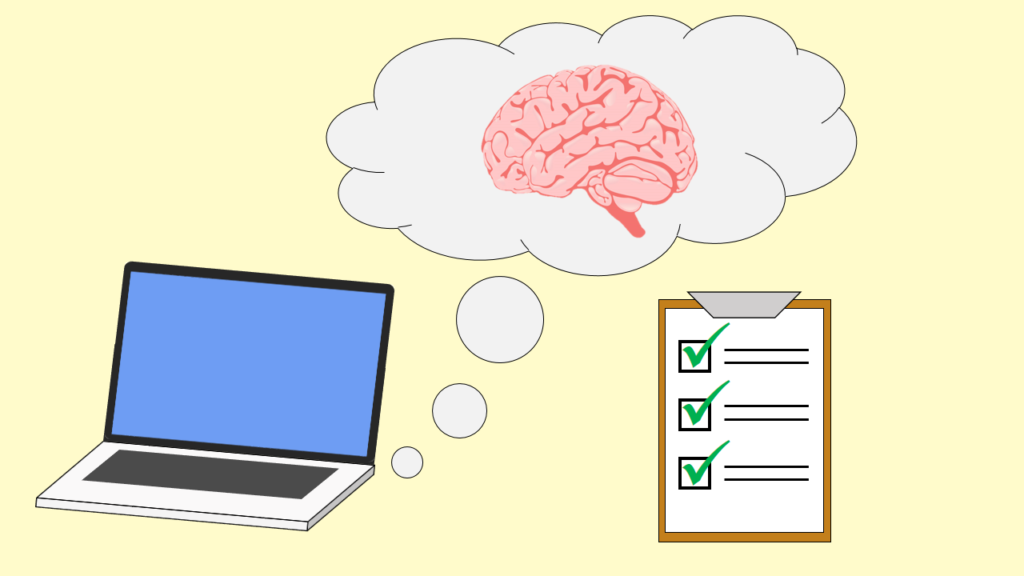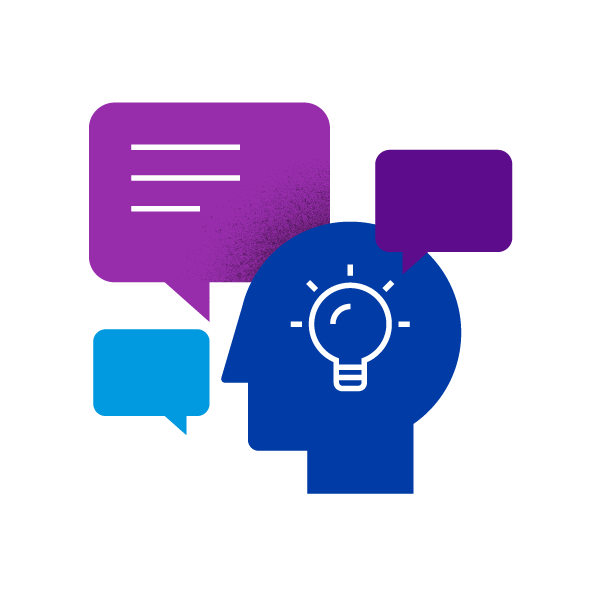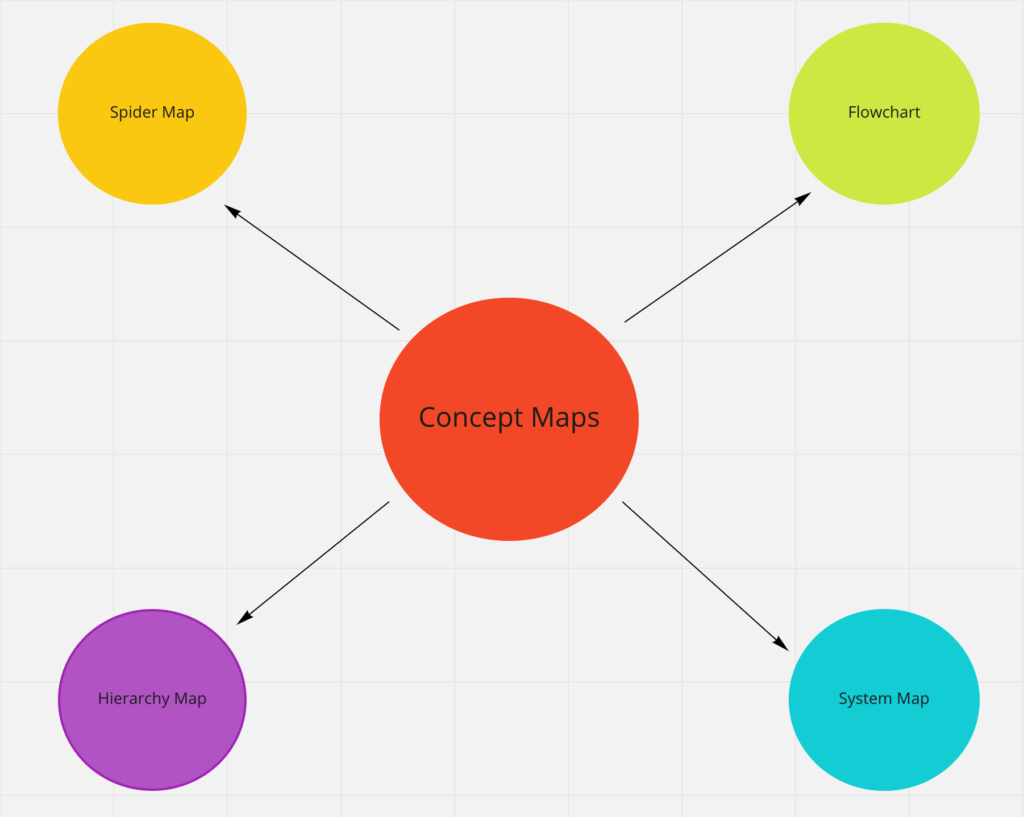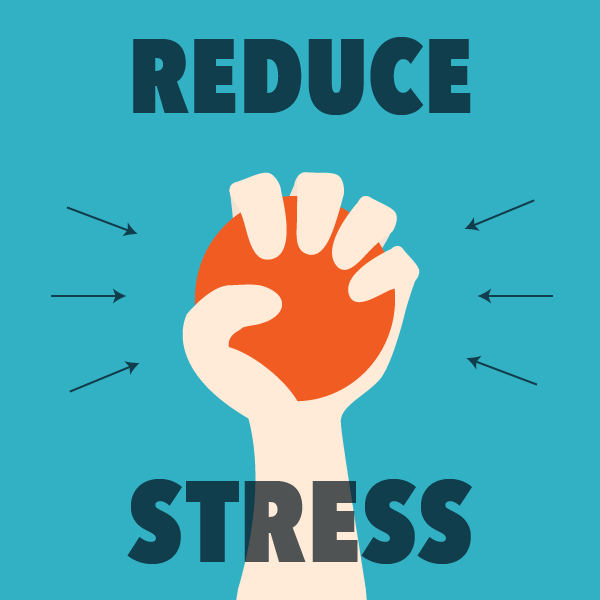Bleak? Yes, but it is a key reason we should take proper care of our brains as we have the ability to. If you’d like your brain’s ability to remain strong into your senior years, you must make a conscious effort now to increase and sustain the skills you have acquired.
Luckily the brain doesn’t stop developing and growing once you reach the age of adulthood. The brain is a living thing that means that they remain changing. It’s therefore a good idea to study some tricks and tips on how you can improve your thinking abilities even while you’re still able.
This article will present six scientifically-proven, research-based strategies to improve and preserve your thinking abilities. The first three provide the base for healthy brain functioning and the final three strategies are designed to enhance higher-order cognitive thinking abilities throughout the day.
Cognition Defined
Cognitive abilities are anything that has to do with the intellectual process. Cognitive skills include memory of the past, thinking and reasoning. In essence, cognition is everything connected to the processes of your brain that you are conscious of.
Bloom’s Taxonomy provides the opportunity to practice many cognitive thinking abilities. With increasing difficulty and complexity Bloom’s Taxonomy is about the ability to remember, comprehend, apply the process of analyzing, evaluating and finally, creating.
The human brain can’t function fully when overly stressed. Studies show that stress can cause or trigger ailments like dementia, depression, or post-traumatic stress disorder. [2]
So managing stress is vital for optimal cognitive functioning and overall well-being of the brain. Here are some suggestions to help you manage your stress.
Breathing Exercises
Stress reduction can come in a variety of ways. The most effective methods include breathing techniques as well as meditation as well as taking a walk.
Breathing exercises to help reduce stress should include slow, measured , deep breaths. Pay attention to the breath while you breathe out and in. This helps you relax your mind from your worries and helps deliver essential oxygen to the brain, which it needs to function optimally.
Meditation
Meditation can also aid in the reduction of stress. Just five minutes of mindfulness each day can have profound effects on stress levels.
Meditation is about keeping track of your thoughts, not making yourself think less. When thoughts arise in your mind, let them flow in the background. Many people imagine your thoughts in the form of clouds in order to aid in their meditation practices.
Take a Walk
It’s generally more beneficial to leave when you’re feeling stressed, rather than fight through. To ease stress it is best to take breaks. Take a breather to relax and stop becoming hyperactive. Furthermore, getting outside into nature is beneficial for the soul.
Another method to enhance your cognitive abilities is to engage in aerobic exercise. Moving your body and increasing your heart rate and breathing rate have been proven to slow the natural decline of the parietal, frontal cortices of the temporal and frontal regions, which can reduce thinking ability. [3] The loss of these areas is a natural aspect of aging, however aerobic exercise can slow the process of decline.
Brisk Walking
You might not believe that it’s enough effort to qualify as aerobic exercise however, it is. Simply increase the pace and go as fast as you’re capable of. A quick walk of 20 minutes every day can be a huge help in improving your mental clarity.
Swimming
Swimming is a fantastic option for aerobic exercise. It’s easy on joints, and you’ll not realize you’re sweating when you swim laps in the pool.
Yoga
Certain types of yoga like Ashtanga can provide you with an exercise boost as well as aiding in achieving flexibility and meditation.

3. Get Plenty of Sleep
The research also suggests sleep as a crucial aspect of a healthy cognitive function. A study suggests that sleep could be an integral component in memory.
Sleep is the time when your brain removes certain synaptic connections in the hope of strengthening others. In essence, your brain requires rest in order to process all that goes on in your day, keeping track of what’s important , and forgetting the rest.
It is recommended that adults get at least seven hours of rest each night. Remember that sleep isn’t something you can’t catch up on. It is essential to be consistent.
Consistent Bedtime Routine
To ensure that you’re sleeping at the same time every night a regular bedtime routine is essential. Create your routine for bed and stick to it. Changes to your routine could disrupt your sleep routine.
Limit Your Screen Time
In your regular time to sleep, you should be certain to reduce screen time for at least one hour before you go to bed. Screens release dopamine to your brain and cause adrenaline going, and they can also make some people too pumped up to sleep easily every evening.
Be sure to change your phone’s setting in Do Not Disturb so that it doesn’t disrupt your sleep with alarms or alarms. Actually, some researchers recommend keeping the phone in a separate room could be even more beneficial to sleep well.
Melatonin
Melatonin is also a great aid to sleep and remain asleep. Melatonin is an organic hormone that is present in the body , which increases in the nighttime cycle of sleep So supplementing it with the Melatonin pill will help your body to regulate its circadian rhythms, giving you the sleep that your body requires for the best mental performance throughout the day.

4. Cognitive Simulations
Stress reduction, exercise and getting plenty of rest will help you improve your cognition, but to truly increase your brain’s power you need to consider three more methods you can use during your day.
Cognitive simulations are essentially brain teasers in which the participant will have to utilize their expertise to develop solutions to new problemsThink crossword puzzles, and Sudoku.
Cognitive simulations improve the brain’s cognitive processing capabilities due to the fact that the brain is flexible, that is, it is flexible. If you don’t utilize the brain’s capacity to absorb new information and resolve issues, it’s gone. [4]
So, it’s essential for you to ensure that your mind stays engaged and engaged. Cognitive simulations are one method to accomplish exactly that.

5. Thinking Aloud
The next step to increase your thinking skills is to use the technique of talking to yourself. It’s as easy as it seems. Instead of focusing on your thoughts within your mind, write down your thoughts.
The ability to think aloud is an excellent tool for training. It assists the teacher to understand the areas where comprehension of the students requires improvement. It’s also proven to increase the clinical performance of nursing professionals. [6] The act of thinking aloud requires you to express all the elements of the problem to avoid omissions.

6. Concept Mapping
Concept mapping, in turn, can help improve your cognitive thinking. Concept mapping is an illustration of a person’s thoughts such as word webs. Concept maps can be described as drawings that illustrate all connections and relationships between concepts.
Concept maps were the focus of one research study. helped improve the critical thinking abilities of graduate level nurses. [7] Similar to speaking out loud, concept mapping revealed weaknesses in the thinking of students but also improved their critical thinking abilities.
It’s the same as that old saying: If you really want to learn something, then teach it. Through mapping our knowledge and what we don’t know, we are forced to think about everything we know and do not know about a specific subject. This improves our knowledge and helps us identify the areas we must fill the areas of our knowledge that aren’t covered.















